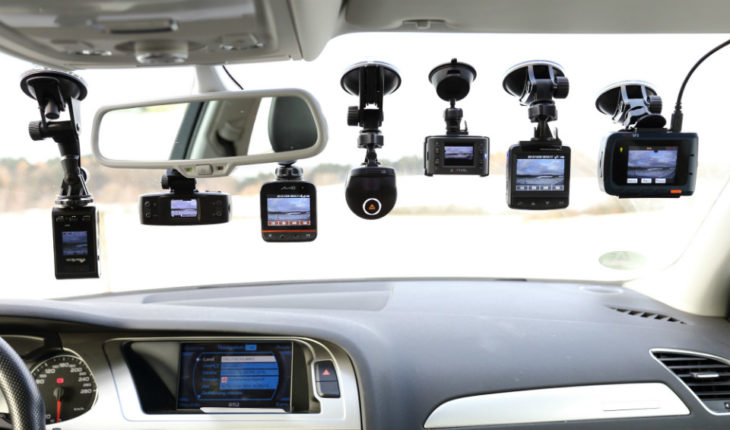In 2016, there were 1,792 fatalities on UK roads, a record high since 2011. With motor traffic levels also increasing by 2.2% between 2015 and 2016, now more than ever, it is important to embrace emerging technologies that promise to help keep us safe on the road. Keeping ourselves safe though, isn’t always in our own hands, which is why more and more drivers are turning to ‘dashcams’ as video proof in road accidents.
What is a dashcam?
A dashcam is a small camera, usually mounted on the inside on your windshield that records the road in front of you. In 2015 prominent insurers made the landmark decision to accept dashcam footage as proof in a car accident claim. This move was followed by a 918% increase in dashcam sales. Footage has been criticised for not giving a full and clear picture of an incident, but dashcams have also been commended for allowing motorists to provide supporting evidence in compensation cases.
Earlier in 2017, a fleet car driver avoided a £16,000 insurance claim, after his dashcam footage proved that he was not at fault in an accident. The footage showed that the other driver had run a red light illegally, proving that the fleet driver did not have liability. It’s hard to deny the power of a dashcam, in cases that often rely on accounts, photographs and statements taken after an incident.
Of course, a dashcam does give a one sided view, so having one yourself can also help to make sure your version of events is represented, where another drivers footage may only give a limited view of an incident. It’s is now commonplace for the police to appeal for dashcam footage after an incident as more and more uk motoritsts embrace them. It’s estimated that the market for dashcams will triple to £4.5 billion a year in the UK in the next 5 years, and that there are already roughly 840,000 on UK roads today.
A dashcam can’t prevent an accident, although we may see evidence in the future that they make drivers more careful, as they are aware of being filmed, but they do save time in insurance claims and can provide irrefutable proof of liability in an accident.
What do you do if you are in a car accident?
UK solicitors Your Legal Friend represent claimants after a crash, they provide an in depth FAQ to guide people who are unfortunately involved in a collision, not just in terms of making a claim, but also how to handle events immediately afterwards. Part of the process of dealing with a car accident is gathering evidence of what happened. Accident attorneys stress the importance of trying to remain calm after a crash and avoiding admitting fault until the full picture can be uncovered. Injuries and safety must first take priority in the aftermath of a crash. Following this, many would assume liability immediately afterwards, apologizing for the incident; it is always better to try and gather an accurate picture of the facts. This is where a dashcam can be invaluable. Footage is often stored on a memory card which can then be transferred quickly to a computer and reviewed, should you need to make a claim on insurance, or pursue a personal injury claim.









